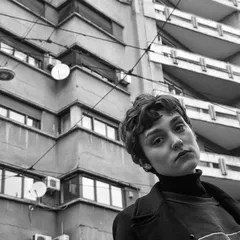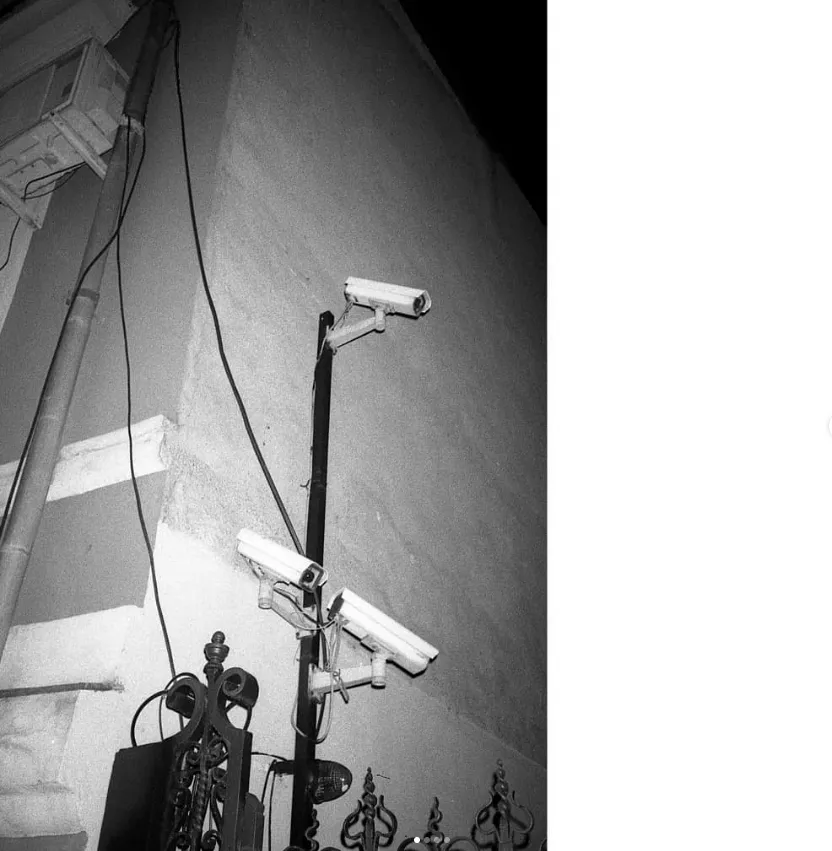
1/1

Author(s) / Team representatives
Andreea Diaconu
Profession
arhitect, antropolog
Photo/design credits
/)Mihaela Minea (mineeatarziu)
Text presentation of the author in English
Andreea was born in Iași, where she completed her schooling and university studies, graduating from the Faculty of Architecture. During her studies, she was involved in several projects and associations, participating in various summer restoration schools. After finishing her studies, she moved to Bucharest, where she started a Master's program in Visual Studies and Society at the Faculty of Political Science within SNSPA. She is interested in creating a link between architecture and anthropology by decoding and understanding the contexts of their mutual conditioning. Currently, she is involved in several cultural projects and is working on her dissertation, which navigates the phenomenological analysis of several socialist spaces in Iași in the form of a short film.
Text abstract in English
In my childhood, I remember that during visits to my grandmother's apartment, I was always told to speak more quietly, in case someone was listening. When going out on the balcony, I was instructed to avoid speaking loudly and to stop playing "spying on the neighbors," in other words, to restrain myself, control myself, and analyze my actions, even if I was in a space that had all the attributes of intimacy. My grandmother's fear of the other manifested for me in a feeling of being watched, so I became the protagonist in a fictitious Panopticon.
The context and presence of communist surveillance and political control gradually diminished social trust for previous generations, thus negating the gradation of public - semi-private - private spaces. Even the walls have ears. The terror of being listened to maintained its character, becoming paradoxical and binary in nature after the revolution, simultaneously marking both the horror and dependence on surveillance means. The fear of the other translated into the individual need to control what is perceptible and visible within the inherent space. From public space to private space, on every apartment block stairway and every fence of a gated community building, there is at least one surveillance camera, which records every small event, a form of Foucaultian visual archaeology that indexes and conditions. The perception and understanding of space is conditioned by its empirical and fluid vector, but when the experience is guided by anxiety and self-awareness, how is the construct of space redefined? Surveillance reshapes urban landscapes, residential layouts, and public arenas, creating environments where visibility and control are paramount.
This essay aims to explore how the experience, perception, and consumption of space are conditioned by the visible presence of surveillance means, where the boundaries between spaces are increasingly blurred, leading to a reconfiguration of personal freedom and social norms.
key words: Foucalt, public-private, surveillance, visibility, perception of space
